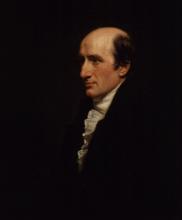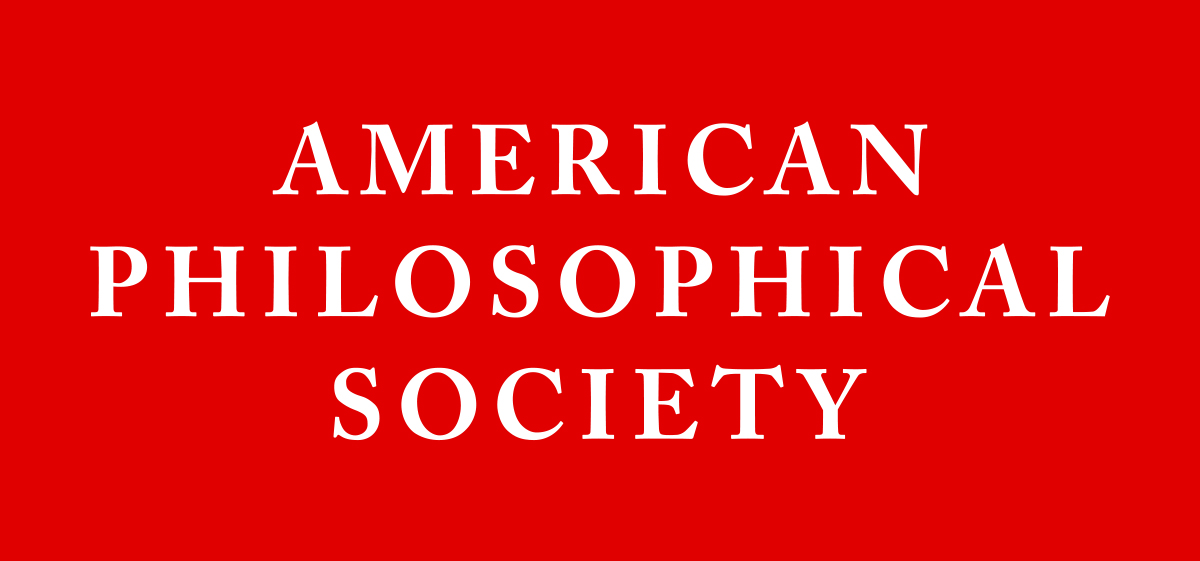Charles Stanhope (342)
Election date: 1774 
Charles Stanhope (3 August 1753– 15 December 1816) was an elected official, nobleman, inventor, and a member of the American Philosophical Society, elected in 1774. Charles was the second son of an aristocratic family, and when his older brother Philip died of tuberculosis in 1763, Charles was next in line to inherit the Earldom of Stanhope. When Charles was eleven years old, he moved with his family to Geneva, where he was put in touch with some of the leading intellectuals, scientists, and philosophers of the age. Charles soon developed his own political opinions that made him unpopular in his social circles. He resisted the trappings of wealth that were common among the aristocracy, disdaining theatre and fashion. He served in the House of Commons beginning in 1780, and, after his father’s death in 1786, the House of Lords. He was considered a radical in political spheres: he was a devoted supporter of the early phases of the French Revolution, of abolition, and of universal toleration for people of all religious faiths. His positions were so extreme and his way of expressing himself so aggressive that he had little success as a member of Parliament; hardly any of the motions he put forth received support from his fellow members. All throughout his political career, Charles remained devoted to scientific pursuits. His notable inventions included a pyrometer, a type of printing press, and a design for steam ships. It was on the strength of his scientific contributions that he became a fellow of the Royal Society in 1773. Charles had a difficult family life: his first wife died shortly after the birth of his third child, he separated from his second wife, and he mentioned none of his living children in his will. He died of dropsy at his estate at Chevening. (DNB)
Publication: Dublin: printed for J. Moore, 45, College-Green, 1799.
Subjects:Irish unification question. | Great Britain -- History -- 1789-1820 -- Pamphlets. | Ireland -- History -- The Union, 1800 -- Pamphlets.
Publication: London: Printed for Walter Shropshire, 1775.
Subjects:Adulterated coins. | Counterfeits and counterfeiting -- Great Britain.
Publication: [London?], [1794?]
Publication: London: sold by J. Smith, Portsmouth-Street, Lincoln's-Inn-Fields, and J. Burks, No. 52, Crispin-Street, Spital-Fields, [1795]
Subjects:Great Britain -- Foreign relations -- France -- Early works to 1800. | Great Britain -- Foreign relations -- 1789-1820.
Publication: London: printed by order of the London Corresponding Society, 1794.
Subjects:Insurgency -- Early works to 1800. | Civil war -- France -- Early works to 1800.
Publication: London: Printed by George Stafford, for P. Elmsly, in the Strand: and sold by J. Debrett and J. Stockdale, Piccadilly, [1790]
Publication: London: printed by J. Davis, for P. Elmsly, in the Strand, [1786]
Subjects:Debts, Public -- Great Britain. | Debts, Public -- England. | Sinking-funds -- Great Britain.
Publication: London: Printed for P. Elmsly, in the Strand, [1779]
Subjects:Electricity -- Early works to 1850.
Publication: London: Printed by A. Wilson, 1806.
Subjects:Musical temperament. | Tuning.
Publication: London: Printed by J. Nichols, [1787]
Subjects:Thunderstorms -- Scotland -- Early works to 1800. | Electrical injuries -- Scotland -- Early works to 1800. | Thunderstorm electricity -- Scotland -- Early works to 1800.
Publication: London: printed by George Stafford, for P. Elmsly, in the Strand, 1792.
Subjects:Jury -- Great Britain. | Libel and slander -- Great Britain.
Publication: London: printed for J. Smith, and sold by J. S. Jordan, and all book-sellers in town and country : printed by A. Seale, [1800]
Subjects:Great Britain -- Foreign relations -- France -- Early works to 1800.
Publication: London: Printed by order of the Society : and distributed gratis, [1794]
Subjects:Great Britain -- Foreign relations -- France -- Early works to 1800.
Publication: London: printed for J. Burks, [1795]
Subjects:Jury.
